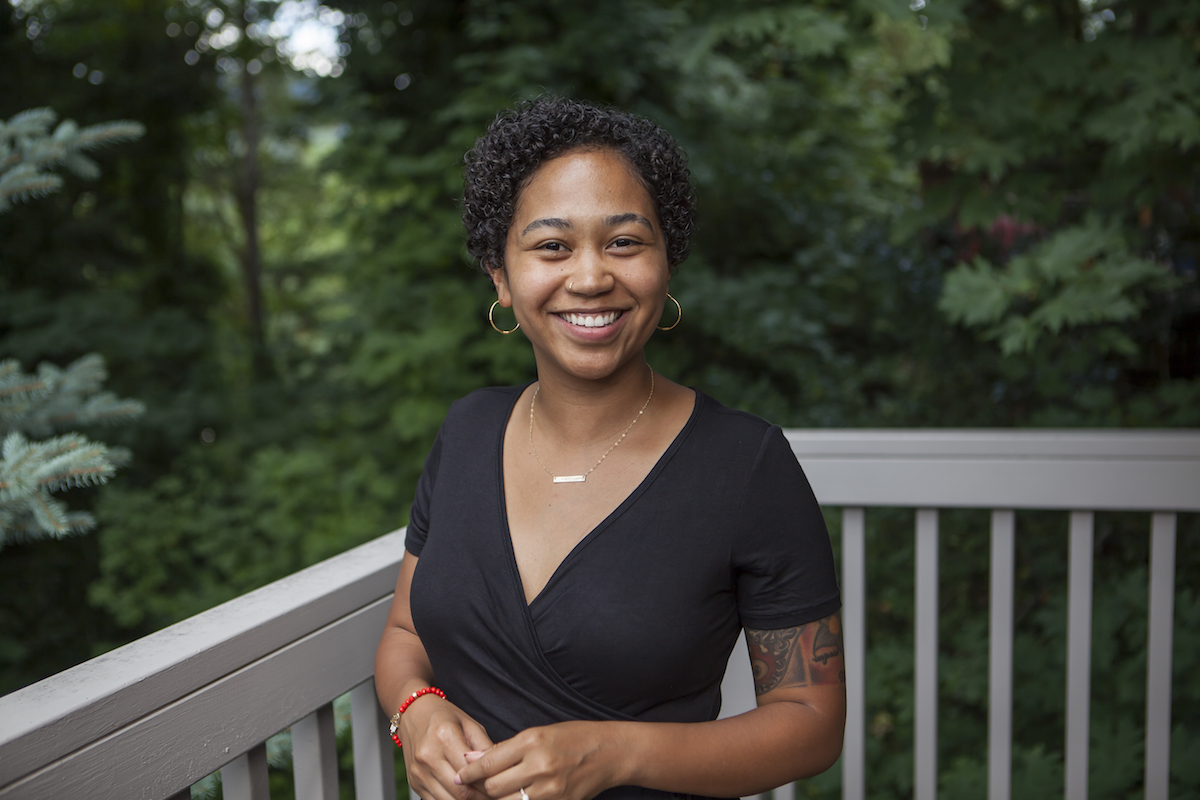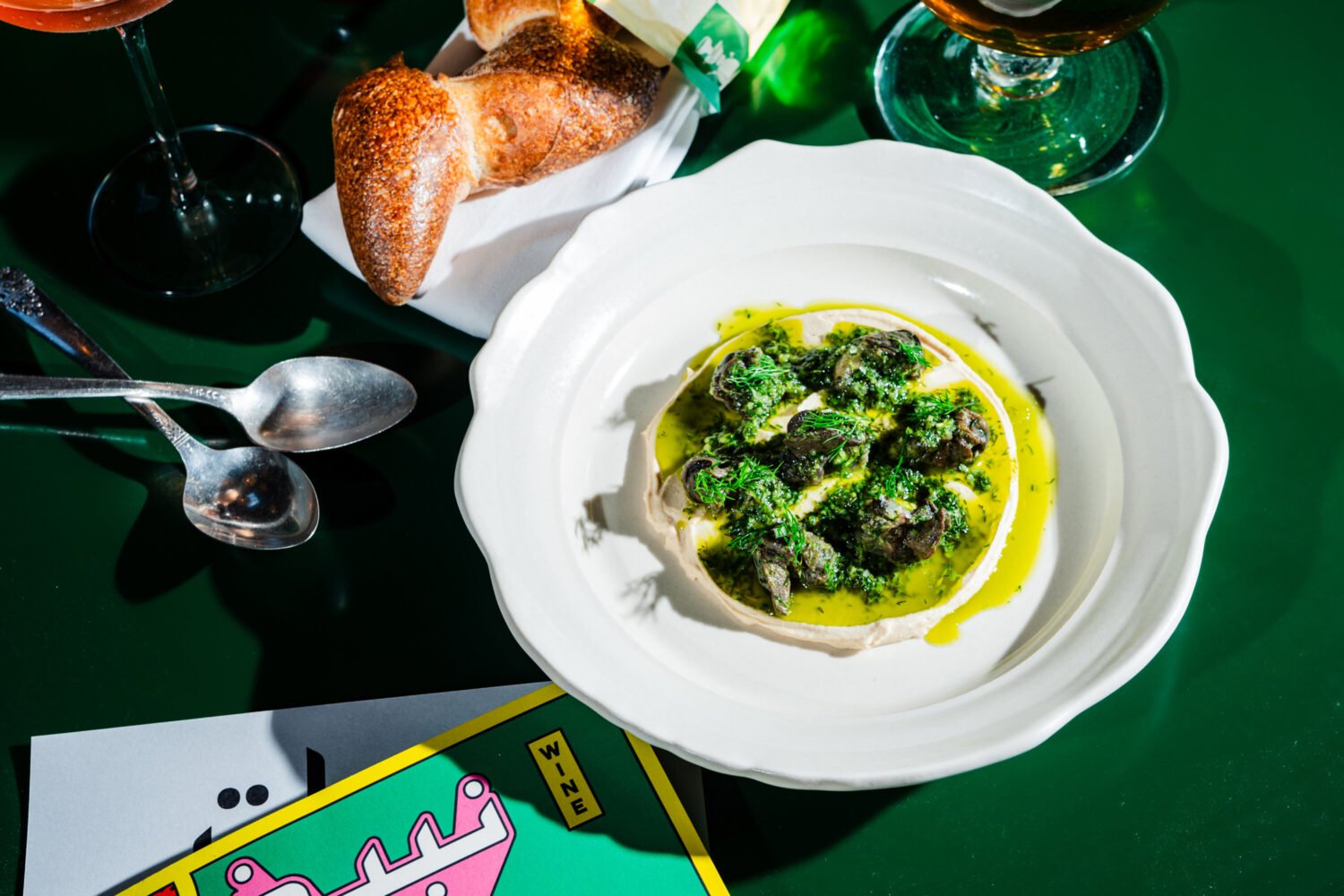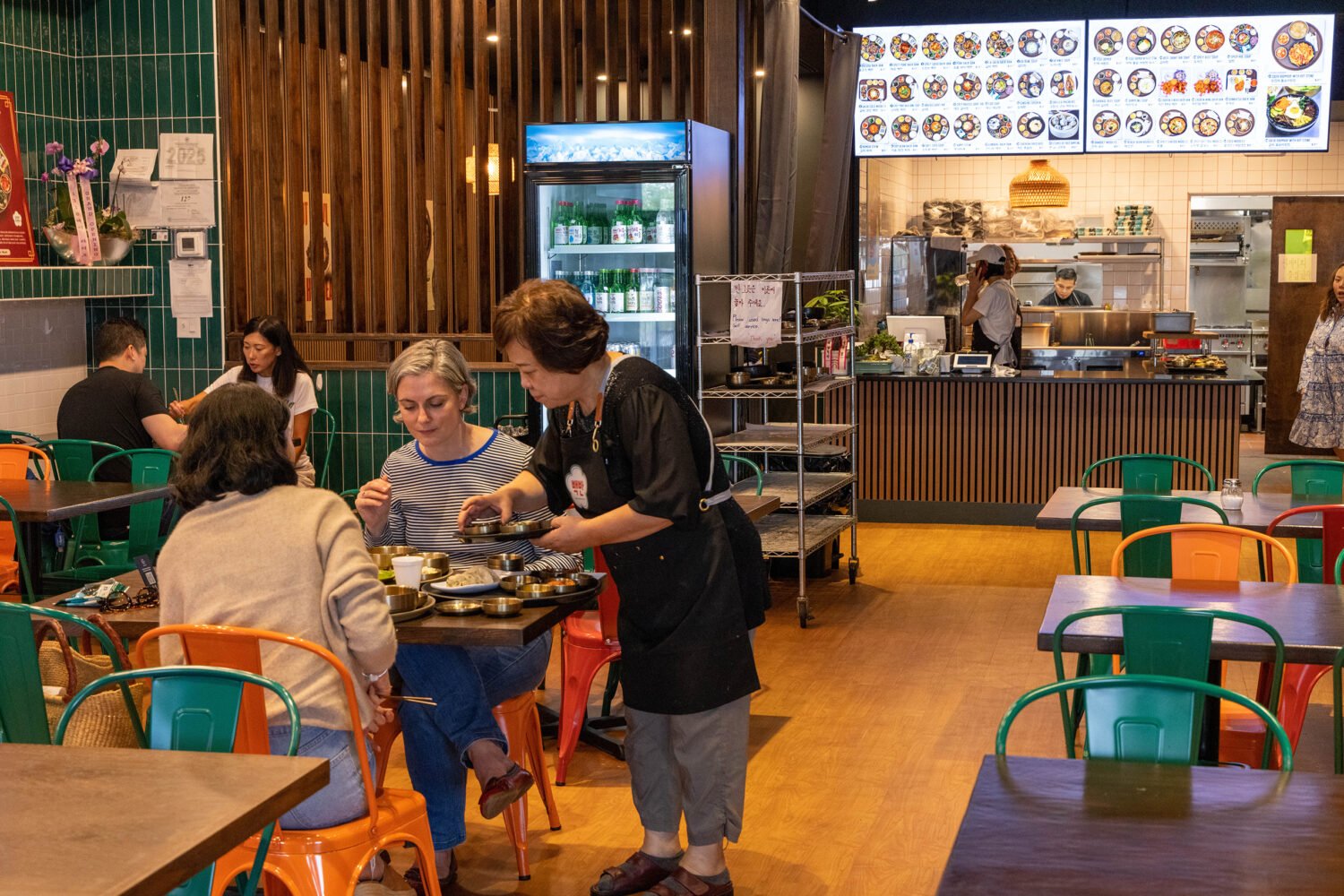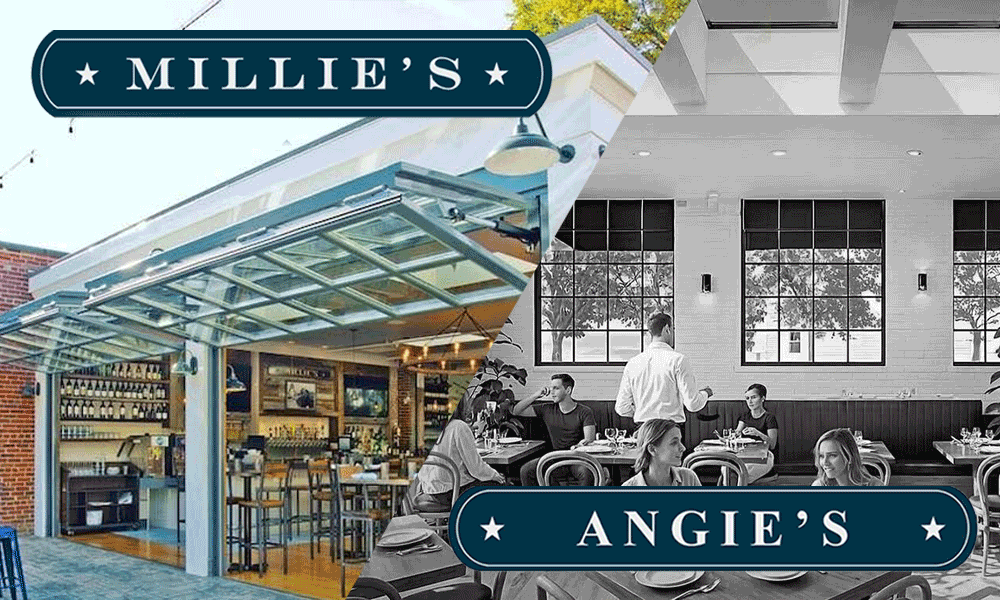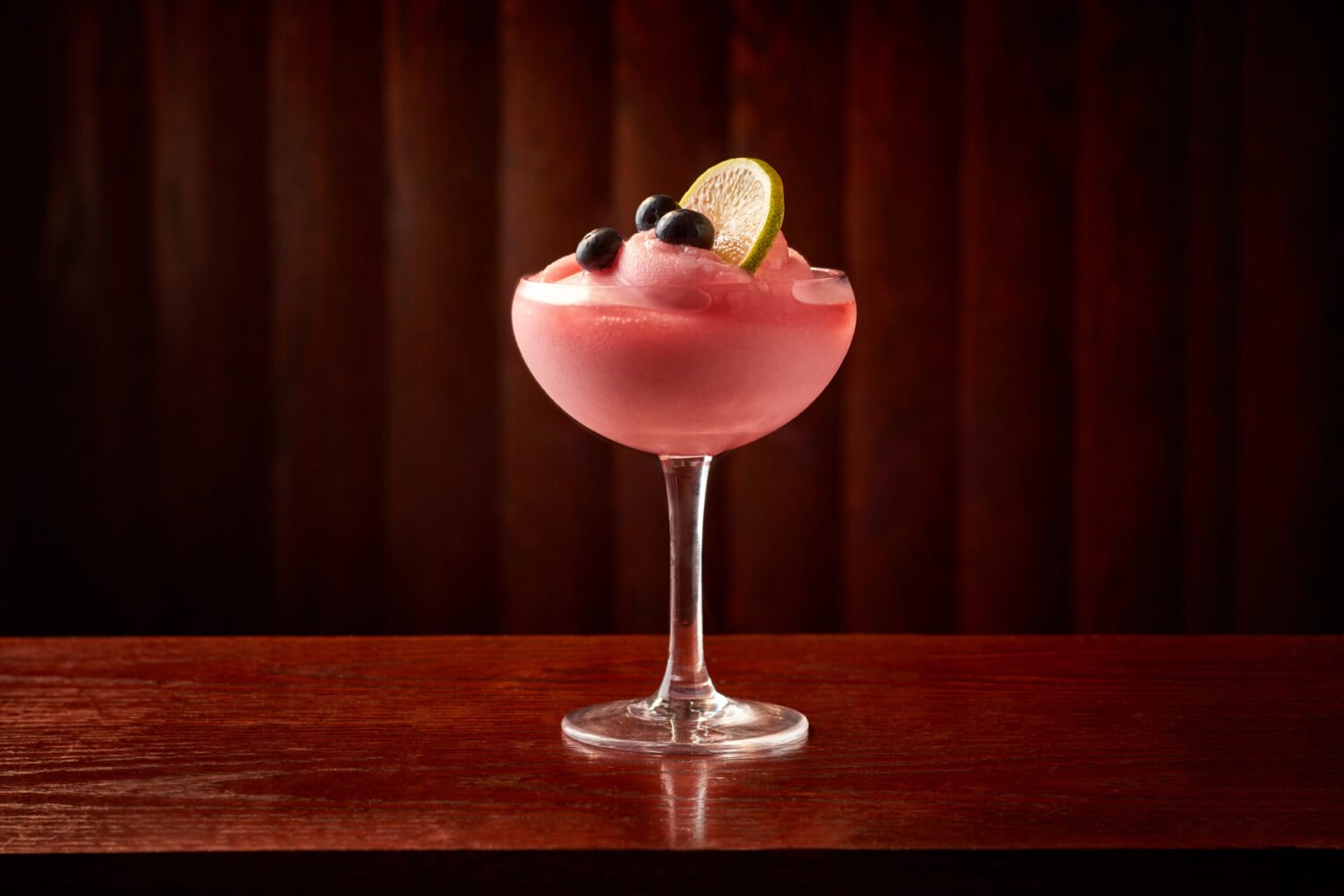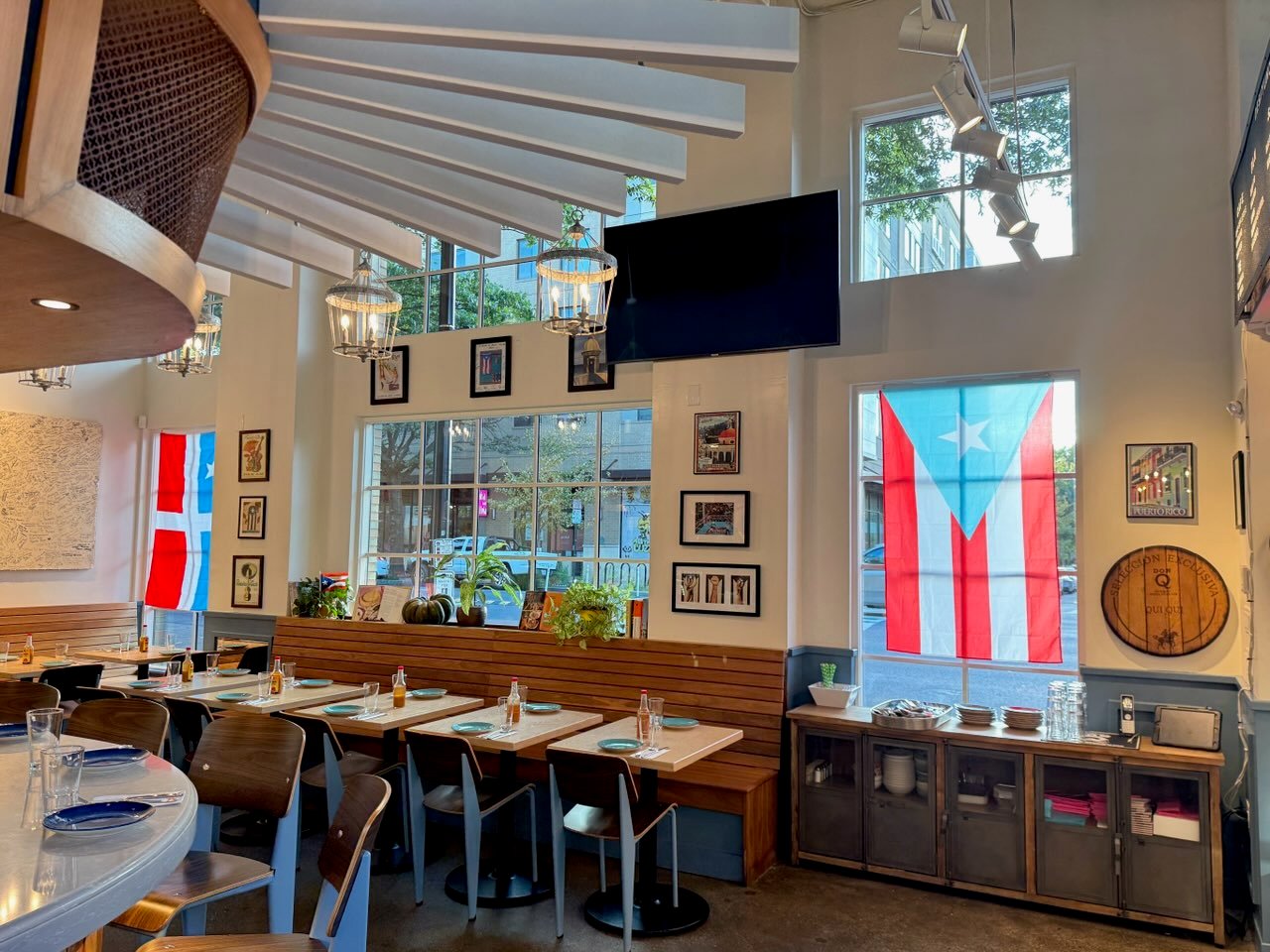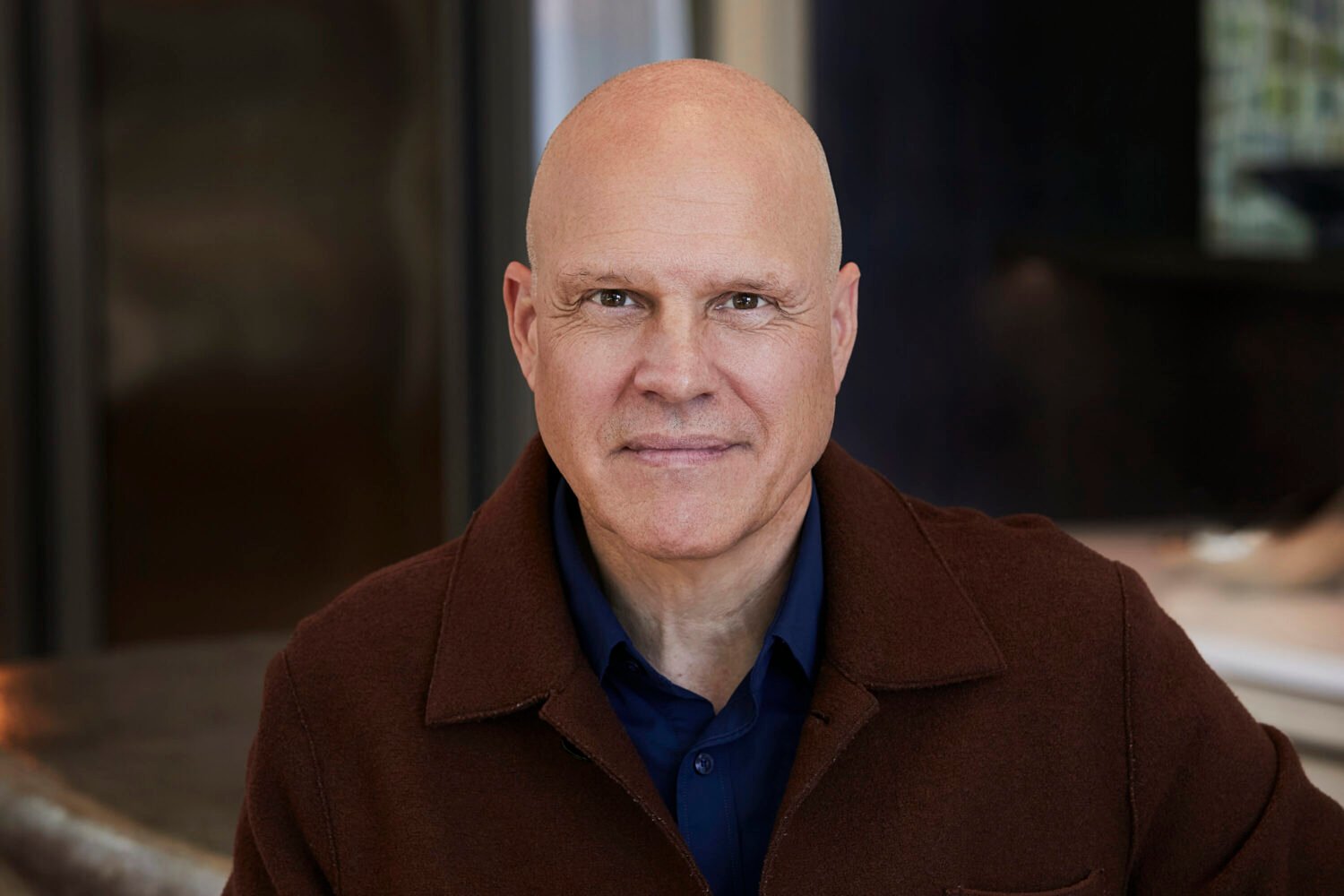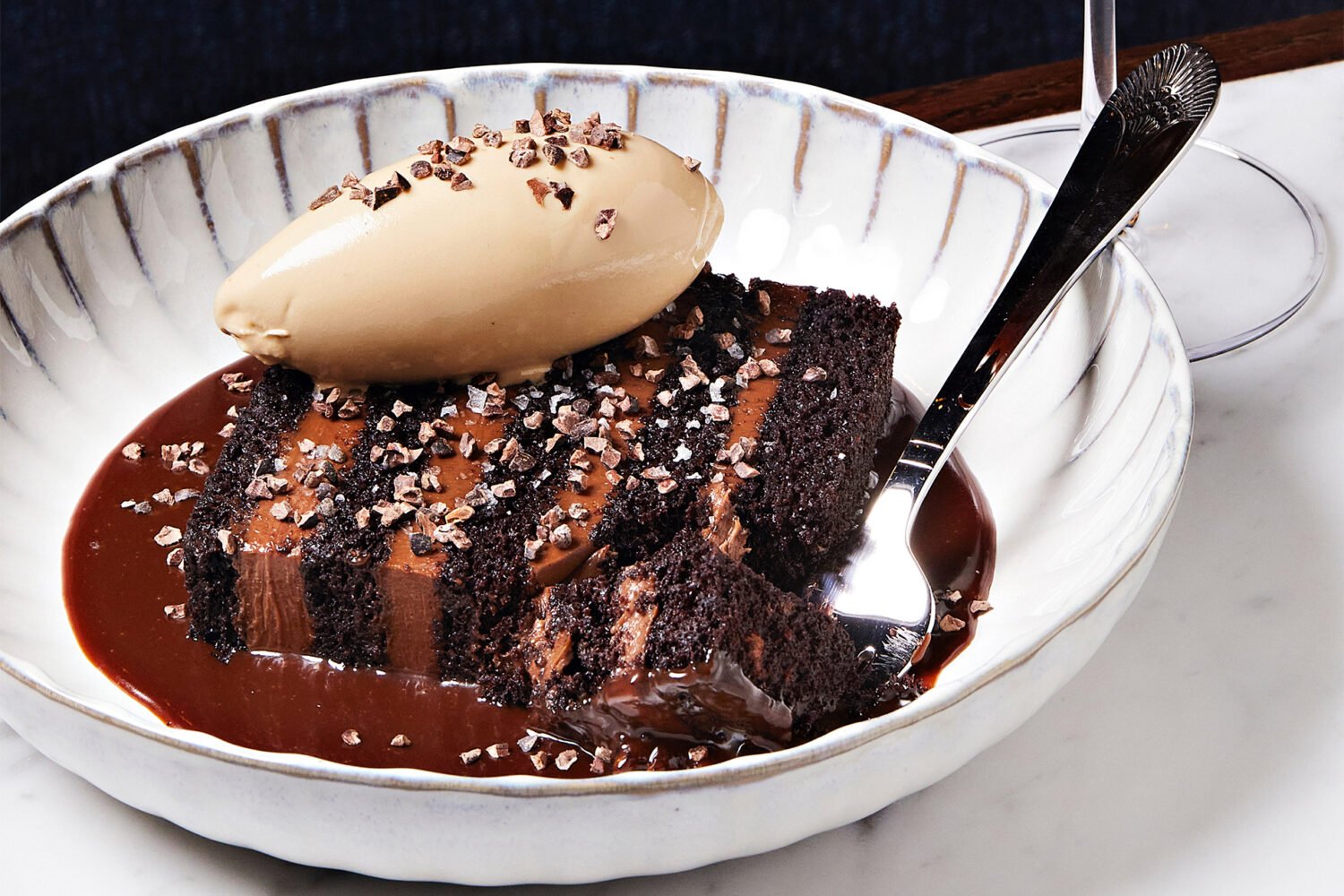Soon after Covid-19 hit, DC food writer and advocate Anela Malik began compiling a list of black-owned restaurants and food businesses that are open during the pandemic on her blog, Feed the Malik. Since then the directory has grown to over 80 businesses, with more to come. Given there are few such directories in Washington, Malik’s is particularly poignant at a time when the health crisis and protests against systemic racism and police brutality are colliding.
“As individuals, one of the best ways to stand up for those at greater risk, to support communities that are neglected, discriminated against, or left behind, is to support them financially,” writes Malik in her essay, Why Supporting Black Owned Businesses During Covid-19 Is Essential. “In our society money offers a form of protection.”
We spoke with Malik about supporting DC’s black-owned businesses, food as politics, and what she’s working on now.
You wrote your essay about why it’s essential to support black-owned businesses at the very beginning of the pandemic. How has your thinking evolved to this new critical time?
I don’t think it’s evolving very much. It was clear very early on that the black community is being especially hard hit by Covid. Covid is one crisis and anti-black racism is another crisis, and they’re both happening at the same time. In many ways, the reason the African American community is being struck fiercely by Covid is due to longstanding inequalities and institutional racism. I don’t see them as separate crises. And I still believe that living in a capitalist society the way we spend our money does matter.
Besides patronizing black-owned restaurants, what are some other important ways people can support these businesses right now?
I do think people should advocate in other ways, but this is mine because I write about food and think about food all the time. We live in a digital era. One thing I alway try to do for small businesses and mom-and-pop shops is take good photos, edit them well, and post them to Yelp and Google. I do it because a lot of black-owned business have historically lacked access to capital. Many in DC don’t have PR firms and don’t have a concerted media strategy. They don’t have a professional to do the photography. We all search for restaurants on our phones and visuals play a big role in our decision making—we see it in the influencer space and on Yelp all the time. If you have a talent with photography, I encourage you to do it.
What are some of your personal favorites?
We just moved from Rosslyn to Capitol Hill—that’s a world apart in terms of restaurants. We really enjoyed Emilie’s. They’re not black-owned but they made a strong statement of support for Black Lives Matter. We’re also close to H Street. Ethiopic is fabulous. Cane is too, and more widely known. Their curries travel really well. I also really like the new pop-up inside Half-Smoke, Butter Me Up. There’s something ultra comforting about a big breakfast sandwich.
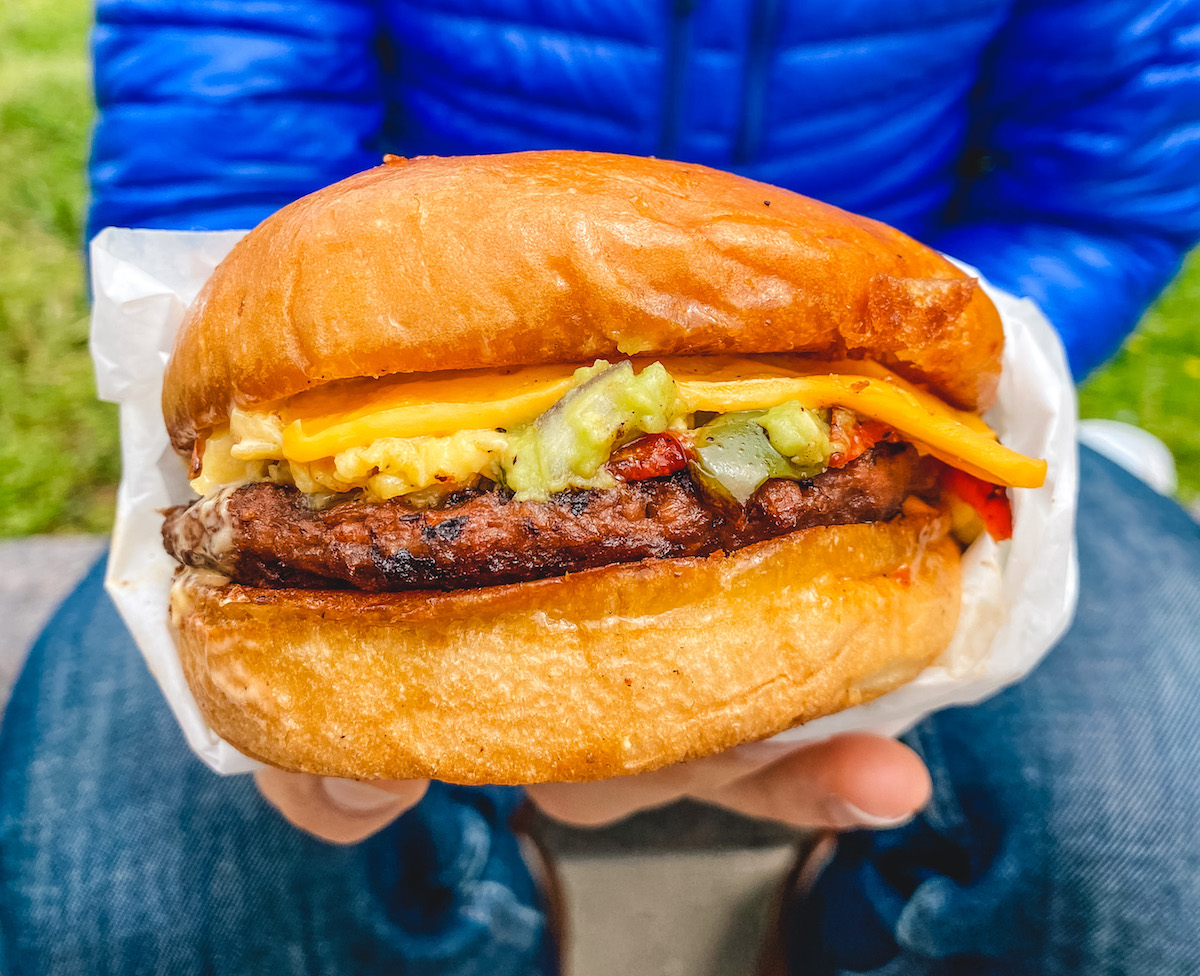
You mentioned Emilies’ supporting Black Lives Matter. What are other ways businesses can show support besides all the posts on social media?
I’ve been really impressed that some businesses announced they’ll donate proceeds to causes a certain day. Again, money talks in our society, and that’s really important.
I also really appreciate restaurants that have gone out of their way to be inclusive. I’m a high-earning, young-looking black woman. I also have lots of tattoos. Sometimes I’ll be in restaurants where I can tell they’re not sure how to engage with me. There are places like Thamee where I always feel welcome. They have a really diverse staff. So donate money, make it clear where you business stands if you’re comfortable. And on top of that, think about your staff. If you’re in a city where over 45 percent of the population is black and you don’t have anyone black who works there except a low-level position, you should probably rethink that.
You’ve written about how “food is political.” What role do you see food playing in this critical time in American history?
Even before this current, I’m going to call it a ‘wave,’ because anti-black violence in America is ongoing, there have been conversations about the future of the food system. I’ve seen and read more about inequality in the industry in the last few months than ever before. This has started an important conversation, but in the future, it’s really going to depend how the US economy recovers from Covid. If the food industry emerges so decimated that people don’t have space to stop and try to rebuild a better system, we risk losing that.
What are your sources of inspiration and who are you reading right now?
I really like Tunde Wey in general. What he says is always a provocation—you may not agree with all of it, but thinking through his positions you can build a more clear perspective on the industry. What he wrote about letting the restaurant industry die is an important perspective. Alicia Kennedy is another. She has a weekly newsletter and is a voice in the food-scape that asks really tough questions. She does incredibly insightful interviews.
What are you working on next?
I’m pouring most of my energy into updating this list [of black-owned restaurants open during Covid-19]. Today has been a big day for me as far as people recognizing my work. I do feel sad that it’s coming at a time when there’s so much pain and anger in our society. I want to make it as complete as possible. If locals in the food scene want to support this, and as long as there’s an outpouring of support for the black food community, I want to serve as a resource. But I’m still processing what’s happening in DC right now. It’s going to take a long time.

